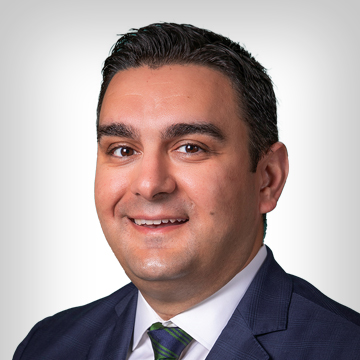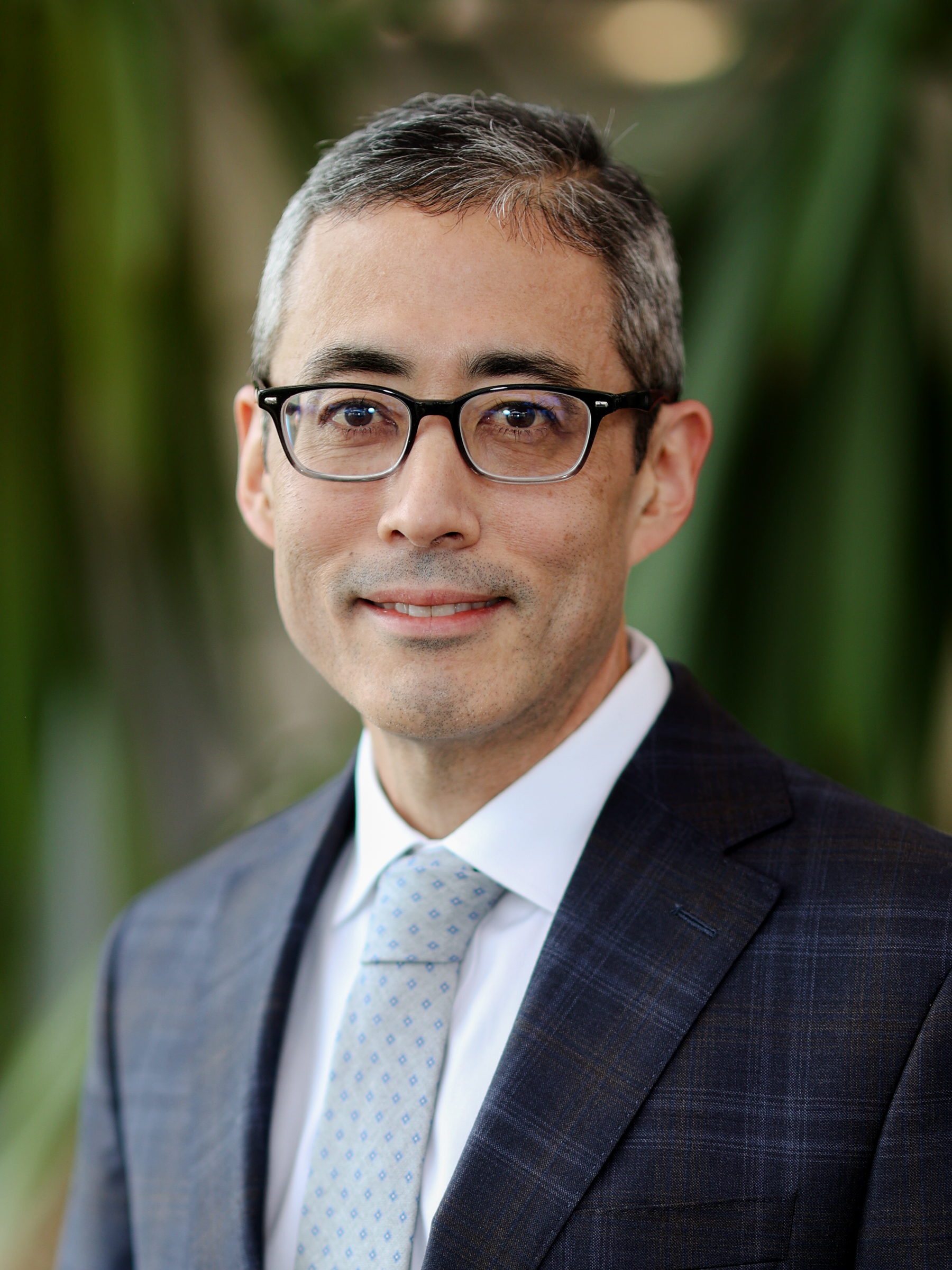As part of our promise to care for each patient from diagnosis through therapy and treatment, we offer a number of programs to help you prepare for and recover from surgery. We'll help you become as strong as possible so you heal well and quickly.
Enhanced Recovery after Surgery (ERAS)
Enhanced recovery after surgery is an internationally-practiced treatment program based on science and research which improves your recovery time and experience following your surgery. ERAS uses a multi-disciplinary team approach using proven treatment protocols. This includes preparation for your surgery and interventions used by healthcare professionals before, during and after your surgery, such as medications, pain control, diet and activity.
Strong for Surgery
Every year, 15 million Americans have some kind of surgery. It's important to learn about and act on things you can do to prepare for surgery, so you have the best possible results. You have an important role to play in your recovery.
Strong for Surgery, a quality initiative led by the American College of Surgeons, will help minimize the risk of complications and improve your surgical outcome. This program will help improve your overall health and conditioning before surgery to create the best experience possible. It includes:
- Nutrition
- Smoking cessation
- Physician fitness
- Stress control
Your surgical team will evaluate your overall health and risk factors and design a program for you to follow before your surgery. This includes free nutritional shakes, fitness recommendations, and patient education information and videos.
Eat Well
It's important to eat healthy foods before your operation. Tell your surgeon if you have trouble eating or if you haven't been very hungry. Also tell your surgeon if you have lost weight without trying or can't eat at all. Your surgeon may want you to see a dietitian, who can help you work out an eating plan. A lab test called an “albumin” level may be ordered to see if you're at extra risk for problems after your operation because of your nutrition or other reasons.
Quit Smoking
Smoking increases the risk for many problems after your operation. It can:
- Make it hard for you to breathe
- Make an infection in your wound (incision) more likely
- Increase your chance of having a heart attack
Ask your surgeon about how to quit smoking. Quitting will reduce these risks, improve your overall health and even add years to your life.
Physical Functioning
Research shows that participating in physical activity even a few weeks before surgery can improve recovery and possibly decrease complications from surgery. There are many ways to increase your physical activity, from fitness classes, walking or muscle strengthening exercises to hiring a personal trainer. The surgical team will help you explore ideas to improve functional capability or get in better shape before an operation. Generally, the more fit and active you are before surgery, the better you can function after surgery. Your surgical team has pedometers available for you while supplies last.
Guided Imagery
Surgery can cause you to feel anxious, overwhelmed or scared. High levels of stress and anxiousness can cause poor surgical outcomes and negatively impact healing, pain and hospital stay. Guided imagery, or guided meditation, can increase relaxation and reduce anxiety and stress. Carle has partnered with Health Journeys to provide guided imagery recordings you can listen to any time. These recordings will help you prepare for surgery, easing pain and smoking cessation.
Learn about tools and instructions to prepare for your surgery or procedure



